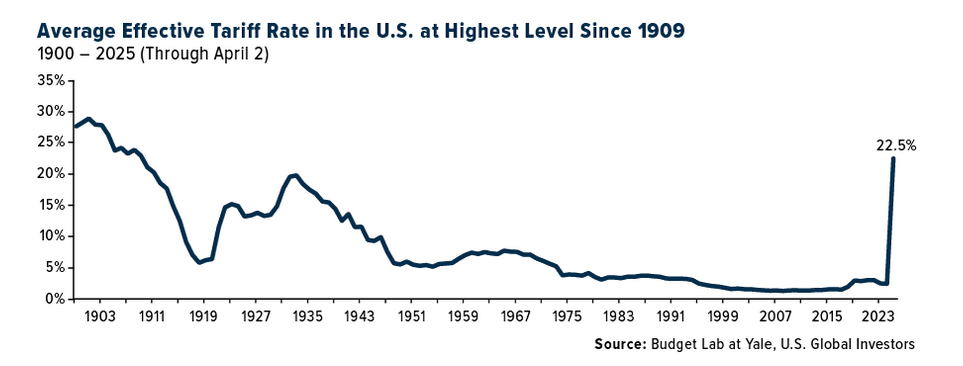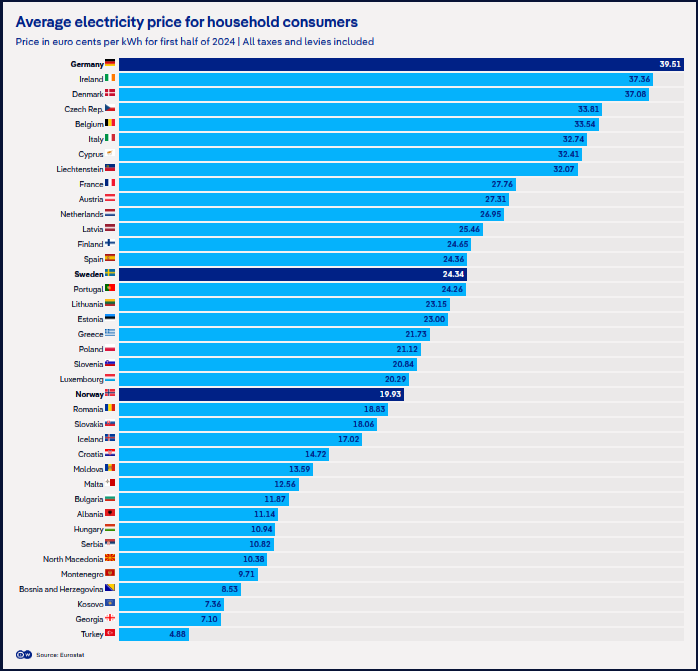The Organization for Economic Co-operation and Development (OECD) comprises of 30 countries “that accept the principles of representative democracy and free-market economy. Most OECD members are high-income economies with a high Human Development Index (HDI) and are regarded as developed countries.” (Source: Wikipedia).
The following are some interesting graphs from the “OECD in Figures 2008 – OECD Observer” published recently:
1.GDP Growth – Average Annual 1988-2007
Key Points:
- Average Annual Economic Growth in the OECD countries for 20 years to 2007 was 2.8%
- Korea and Ireland grew at the fastest at over 6.0% per year
- Canada and USA were the only two countries that grew faster than other OECD countries
2.GDP Per Capita
Key Points:
- Tiny Luxembourg had the highest per capita at over $80,000 per year
- Norways’s GDP Per Capita is higher than USA’s
- Germany and UK have similar rates
- Japan’s rate is slightly higher than the OECD Average which is surprising.
3.Public Debt (as a % of GDP)
Key Points:
- Public debt rose quite sharply since 1987
- Italy’s debt exceeds 100% of its GDP
- Countries that reduced their public debt – Australia, Belgium, Denmark, Ireland, The Netherlands, Spain and New Zealand
4. Healthcare Spending as a % of GDP
Key Points:
- Despite private industry dominance of the healthcare industry, US public spending on health care has risen from 1990-2005
- The US spends the most on health care than any other OECD country
5. Road Fatalities – Killed per 100,000 population
Key Points:
- In 2006, Greece had the highest road fatalities rate. USA was the next one
- Countries like Sweden, Norway, Japan have the lowest fatality rates



